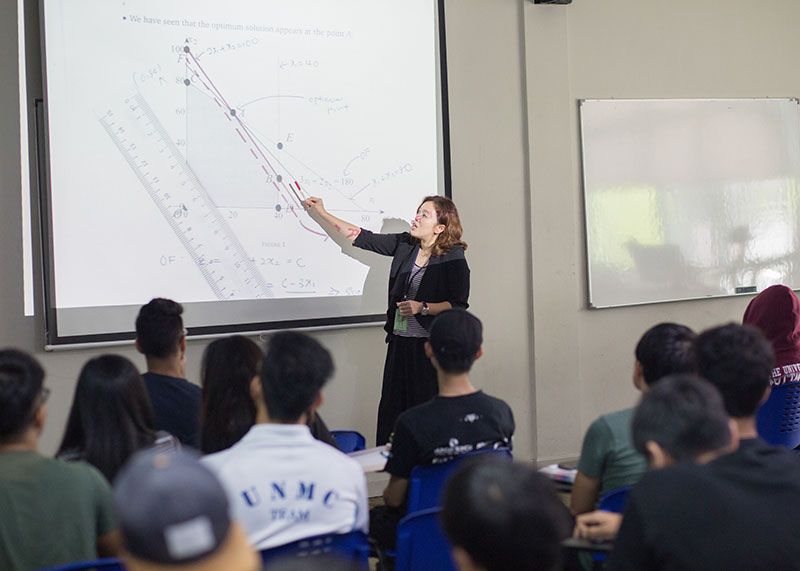
From the People's Daily app.
And this is Story in the Story.
The brain drain situation in China is reversing, as those who have studied overseas are less willing to stay and work abroad and are returning home, a trend that experts believe is positive for China's scientific research development.
In 2018, the total number of returned overseas Chinese students was 519,400, an increase of 38,500, or 8 percent, compared to 2017, according to official data released by the Ministry of Education.
A report on China's overseas study development released by the Narada Foundation, a private foundation that provides disaster relief and helps the children of migrant workers gain access to education, said that China continues to influence the global overseas studies market.
Today’s Story in the Story looks at how overseas students are coming back for job opportunities and to be with family

Candidates queue up at a job fair held by the Chinese Education Ministry for Chinese students who have graduated from the UK on October 27, 2018. (Photo: VCG)
Li Xiaozhuang, an associate research fellow with Beijing Academy of Social Sciences, agrees that China is influencing the overseas studies market, saying that China could remain the largest market for overseas studies for years.
"It is mainly determined by economic development and potential, and demand is still strong. At the same time, the education structure in China is creating candidates for overseas students. In many high-level junior high and high schools, there are international departments offering international exchange opportunities," Li pointed out.
The year 2016 was seen as the turning point, when more than 80 percent of overseas students chose to return to China after their studies. The gap between those studying abroad and foreign students coming to China also started to close, China Education Daily reported in March 2018.
"Since the trade tension initiated by the US, the West has blocked positions for Chinese scholars. As a result, many high-level talents are unable to apply what they have learned. Many of my students went through more difficult procedures while applying for overseas studies," said Ye Hang, an economics professor at the College of Economics of Zhejiang University, adding that "We never encountered this kind of situation in previous years."
Statistics from Project Atlas show that the number of international students in the US and the UK only grew by about 1 percent in 2018.
By contrast, Australia, Canada and China are attracting more overseas students, with growth rates of over 10 percent.
In 2016, the number of new international students to the US declined by 3 percent year-on-year, marking the first time that these numbers had dropped in the past 12 years, according to the 2017 Open Doors Report on International Educational Exchange released in November 2017.
The decline was attributed to new policies adopted by the Trump administration for student visas, work visas and immigration, impacting students from the Chinese mainland, India and South Korea, the Narada Foundation report said.
Economic downturn in the UK has prompted the government to adjust its policies for overseas students, their work visas and immigration, making it harder for overseas students to secure a job after completing their studies.
Germany is favored by international students, young people seeking employment opportunities and immigrants. However, in 2016, the German government implemented a scoring system for work visas in a bid to tighten up immigration.

(Photo: agencies)
Li found it to be a better choice to be back in China. "The differences between staying abroad and coming back to China are narrowing. There is more unilateralism in the US and populism in other developed countries. It could be better to come back to China, as there will be more opportunities and certainty.
“Talent circulation is mainly due to China being an advocate of globalization. The economy is inclusive, offering great potential for development. Foreign enterprises are more likely to hire those who have studied abroad," Li analyzed.
Ye said that the development of scientific research in China has been very rapid. The conditions for domestic research have greatly improved, and the demand for talents from all walks of life is also strong.
With more overseas students coming back, the degrees they have earned in other countries might not be as competitive as they thought, and the pressure to find a good job has grown.
In terms of salary, Ye finds that China is closing the gap with the West. "After the financial crisis of 2008, developed countries have cut investment in research and development while China has greatly increased it, creating greater demand for scientific research talents."
(Produced by Nancy Yan Xu, Lance Crayon, Brian Lowe, and Paris Yelu Xu. Music by: bensound.com. Text from Global Times.)


